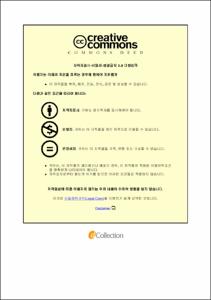韓國 國會의 國政監査·調査制度의 發展方向에 관한 硏究
= (A) Study on The Korean Congressional Inspection and Investigation and Its developing Scheme
- Files in This Item:
-
-
Download
 000002322482.pdf
기타 데이터 / 7.11 MB / Adobe PDF
000002322482.pdf
기타 데이터 / 7.11 MB / Adobe PDF
-
Items in Repository are protected by copyright, with all rights reserved, unless otherwise indicated.